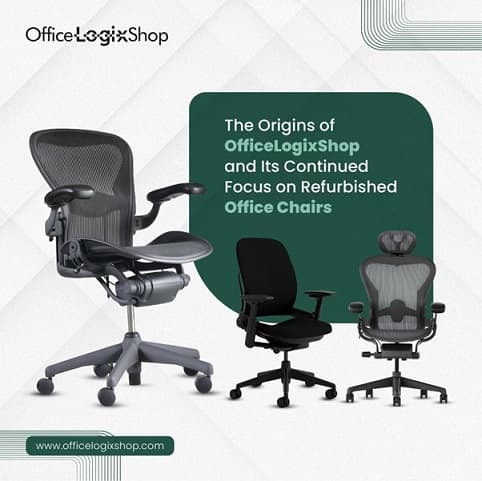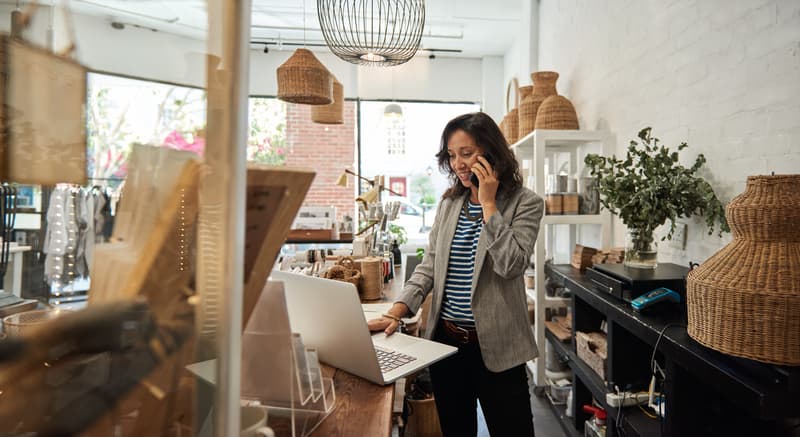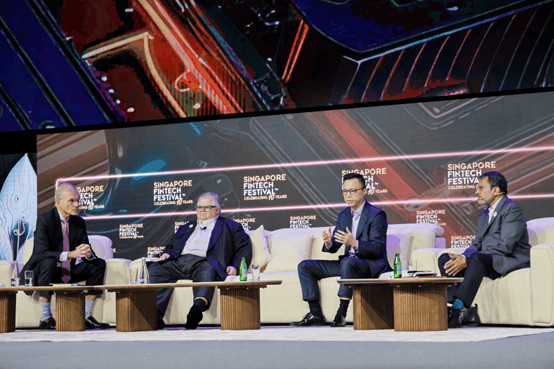
By Jenny Tsai, CEO and Founder, WeArisma
High-end fashion has always been shaped and influenced by popular culture. From red carpets to streetwear, celebrities and influencers are at the forefront of the movement.
For decades, brands have leveraged this by partnering with celebrities, artists and musicians to drive brand desirability, promote aspirational lifestyles and shift brand perceptions.
These influencers are not only the faces of the world’s most renowned fashion houses but also collaborators on unique products and collections. Brand-influencer partnerships date back as far as 1937 when Elsa Schiaparelli partnered with Salvator Dalí to apply surrealism to fashion. More recently, Louis Vuitton partnered with artist Takashi Murakami, Gucci with singer Harry Styles and the list goes on.
Last week something unprecedented happened; Louis Vuitton announced the appointment of a major influencer Pharrell Williams as their new menswear Creative Director.
Hiring a creative director with mass influence is a bold move which goes beyond celebrity endorsements and collaborations. It is a clear testament to the importance of influencers in signaling brand direction and building bridges between industries.
As a musician, producer, and fashion icon, Pharrell has a strong influence across multiple industries. He is particularly influential in streetwear, which has become a significant trend in luxury fashion in recent years. By bringing him on as Creative Director, Louis Vuitton is signaling its commitment to expanding into this market, building on Pharrell’s proven credentials for added influence and credibility.
The announcement has already generated significant publicity and brand heat for Louis Vuitton. WeArisma’s influencer analytics show the announcement dominated social media conversations about the brand, with over 80% of interactions mentioning Pharrell. Louis Vuitton’s mentions grew by 60% and media value increased by 114%, and this is just the beginning of Pharrell’s influence on the brand.
Celebrities are at the intersection of popular culture, bringing together music, film, fashion, and other sectors. Partnerships with these influencers can facilitate entry into specific niches and provide access to a wider market. For some brands, this could mean tapping into unrepresented fields not previously associated with the brand, while for others, it could offer a way to amplify reach within a specific audience or vertical.
Influencers can connect with their communities on a personal level and build strong loyalty and trust. When a famous personality wears a particular outfit or uses a specific product, it can instantly become a hot topic on social media and in the press, helping the brand stand out in a crowded marketplace. This buzz can then lead to increased brand desirability and share of voice, which in turn can boost sales.
Unsurprisingly, many celebrities use their influence to promote their own brands. WeArisma’s influencer analytics show that Rihanna’s three-second Fenty Beauty product placement at the Super Bowl increased brand engagements by more than 295%, mentions by 169%, and media value by 227%, demonstrating the true power of celebrity endorsement and the potential rewards for brands partnering with the right influencers.
While celebrity partnerships are vital to the success of luxury fashion brands, they should not be entered into lightly. Brands need to ensure the influencers they partner with resonate with their brand values to protect their reputation. They also need to be confident that these partnerships will provide clear access to the desired audiences and verticals and have the potential to shift brand perceptions and drive positive brand sentiment.


